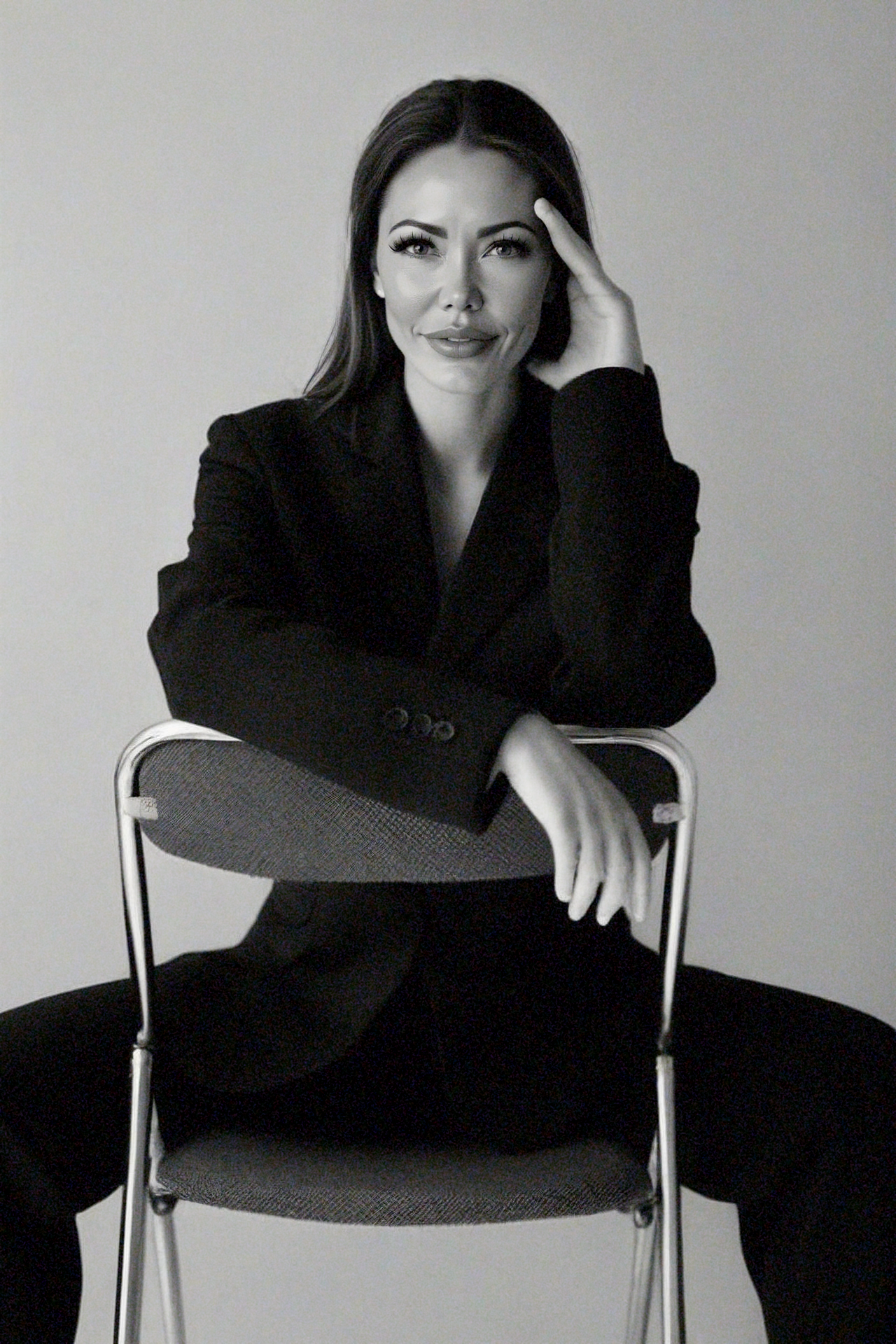In a world where science and empathy too often stand apart, Dr. Karena Setoudeh-Maram has made it her life’s work to bring them into harmony. As a clinician, advocate, and thought leader in the field of Alzheimer’s Disease, her path is one shaped by personal connection, professional expertise, and an unshakable commitment to reshaping how we think about aging, memory, and care. From bridging the divide between scientific research and legal reform to engaging the next generation in conversations many shy away from, Dr. Setoudeh-Maram is not only challenging stigma—she’s building a future rooted in understanding, dignity, and change.
What inspired you to dedicate your advocacy work specifically to Alzheimer’s Disease, and how has that journey shaped your perspective on aging and memory?
I was inspired by personal connections to the illness, combined with my clinical experience. This journey has deepened my understanding of the emotional and practical challenges faced by individuals living with Alzheimer’s and their families. It has also shaped my view of aging and memory by underscoring how crucial empathy, awareness, and research truly are. I’ve come to see memory as a fundamental part of one’s identity and personal history, and this work has made me more aware of the societal shifts we need to address aging—particularly when it comes to healthcare systems, support networks, and community engagement for both patients and caregivers.

You often bridge the worlds of science, law, and public awareness — how do you navigate those intersections in your fight against the stigma surrounding Alzheimer’s?
Navigating those intersections requires a flexible yet cohesive approach. I work to promote education and raise public awareness while also advocating for policy changes and collaborating with researchers. It’s important to support families and caregivers, but equally essential to humanize the condition through personal stories that break down stigma and challenge negative stereotypes. By aligning these efforts, we can collectively move the needle toward a more informed and compassionate society.

In your view, what are the most urgent gaps in Alzheimer’s research, and how can policy better support both innovation and patient care?
There are still critical gaps in Alzheimer’s research that need attention. We need to improve early detection and diagnosis, gain a deeper understanding of disease mechanisms, and accelerate the development of effective treatments. Patient-centered research must be prioritized, with a strong emphasis on diversity and long-term studies that can provide more comprehensive data. Policy can support these efforts by increasing research funding, fostering collaboration between sectors, and ensuring equitable access to care and clinical trials.


How do you engage younger generations in the conversation around Alzheimer’s, especially in a culture that often distances itself from cognitive decline?
It’s definitely a challenge, but also an opportunity. I find that education and storytelling are powerful tools. Incorporating Alzheimer’s topics into schools, using digital platforms, and encouraging intergenerational programs are effective ways to bring young people into the conversation. I also lean into pop culture moments and advocacy initiatives that resonate with younger audiences. When we focus on prevention, wellness, and the human stories behind the disease, we make space for empathy and long-term engagement.


Can you share a moment in your advocacy that felt particularly meaningful or transformative — either personally or in terms of impact?
My clinical work is where I often feel the deepest impact. Watching patients adapt and find resilience as they face the realities of Alzheimer’s can be both heartbreaking and incredibly powerful. Some days are calm, others feel overwhelmingly dark and turbulent—but it’s in those moments that advocacy matters most. My goal is always to help others hold on to hope and strength.
We may not have all the answers yet, but together, we can continue the fight. We can prevail.
@thequeenkarena






